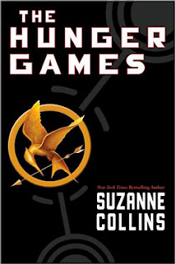There are so many books - good books - interesting books - eye-opening books - entertaining books - educational books - heartwarming or thrilling books. You cannot read them all.
I have friends who devour several books a week. Fast readers? Yes, but also with temporarily life situations that allows time to spend hours reading every day. I take longer, there are many other things on my daily schedule as well.
I just read an interesting article about what to say about books you have never read.
It's simply impossible to read all books. So how about learning a summary of classic books to make interesting conversation? It's like having an opinion about a movie you haven't seen, but only read the review.
I have discovered a fun way to remember books I have read. I have a beautiful little note book where I write my own book reviews. I write down the title of the book, the author's name, year published, a synopsis, my review, and when I read it. I enjoy flipping through and remembering good books and recommending them to others.
 Last entry of my personal book reviews is this:
Last entry of my personal book reviews is this:"Dissolution" by C.J. Sansom (2003)
Set in an exciting period in history during the dissolution of the monasteries. Shardlake is a likable and clever investigator. It is well written. I was there - at Scarnsea - seeing, smelling, and feeling. I am excited to read the other 4 mysteries with Shardlake; Dark Fire, Sovereign, Revelation, Heartstone.
Story: 1537. Matthew Shardlake is a lawyer in the service of Cromwell, King Henry's VIII's vicar general. He is sent to investigate a murder in a large Benedictine Monastery in Scarnsea, on the south coast of England.
Read September 2012










